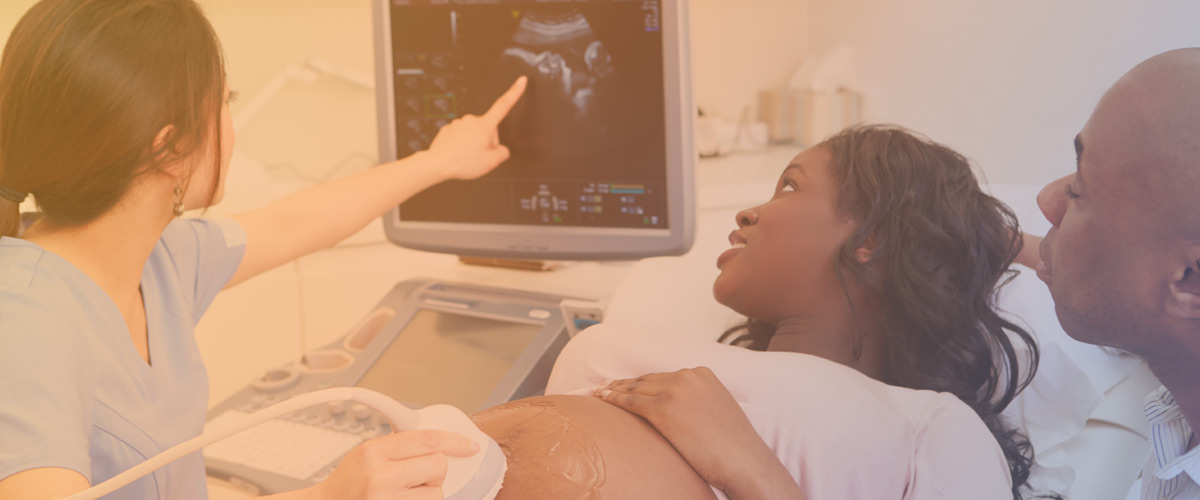Hepatitis B screening
What is Hepatitis B?
Hepatitis B is an infection of the liver caused by the Hepatitis B virus. This virus is common all over the world. When adults contract this virus, most are able to clear it on their own (95%). Some have more serious liver disease. When babies and children contract Hepatitis B, they often cannot clear the virus, and become carriers for life.
What if I test positive for Hepatitis B?
All pregnant women are routinely screened for Hepatitis B early in pregnancy. This is done by a blood test. If your test results are positive, there is a good chance you will transmit the virus to your baby during delivery. Delivery by Caesarean section is not recommended as it increases the risk of transmitting the virus to the baby. In most cases, if your baby receives the Hepatitis B vaccine within the first 12 hours of life, the infection can be prevented. Your baby will be given a vaccine immediately after birth, and again at 1 and 6 months. If you are newly infected, you may need to undergo further testing to see if your liver is functioning well, and you may receive treatment. If you test negative at your initial screening but are at high risk (see below), you may be offered repeat screening later in your pregnancy.
What are the risk factors for contracting Hepatitis B?
You are at high risk if you:
- Have unprotected sex with an infected person
- Have unprotected sex with multiple partners
- Have a sexually transmitted infection
- Were born to a Hepatitis b infected mother
- Use injection drugs and share contaminated materials
- Receive a tattoo or piercing with unsterilized equipment
What if I come in contact with someone with Hepatitis B while I’m pregnant?
You can get the Hepatitis B vaccine while you are pregnant to prevent infection.

